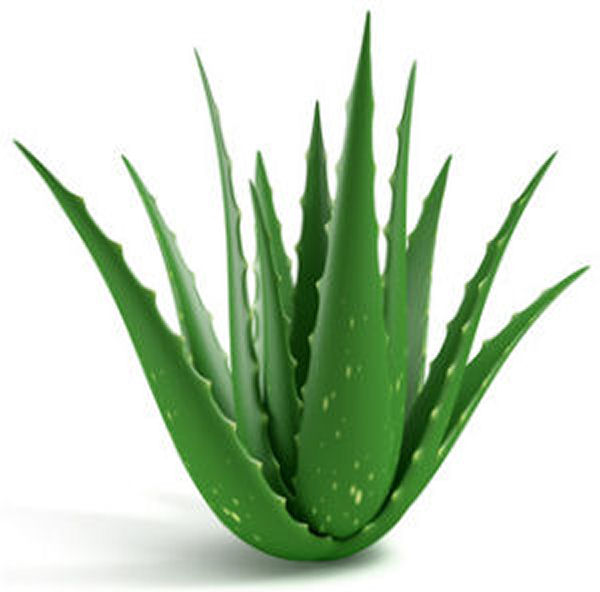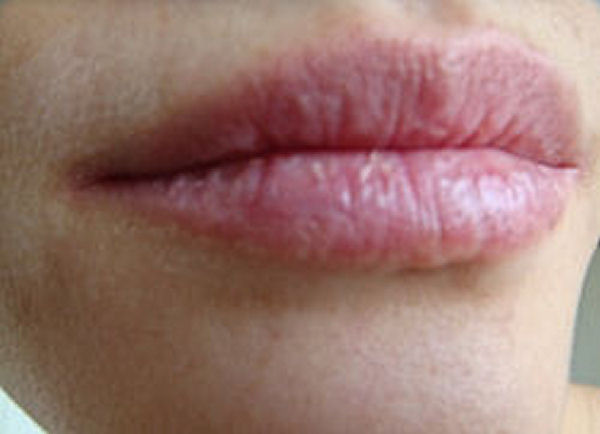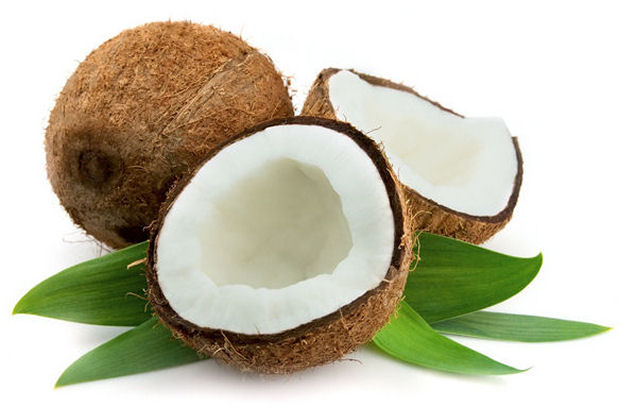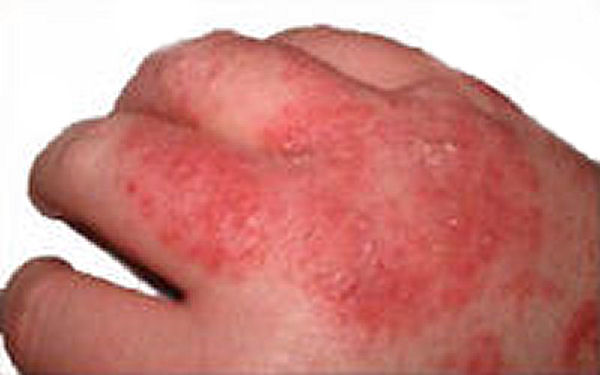When winter hits and we turn on the heat, our skin often starts to dry out. The cold winter months can wreak havoc on our complexions. For some people, dryness becomes severe enough to cause cracking, flaking, itching, and even eczema. Healthy skin serves as a protective barrier against bacteria, viruses, parasites, and other infectious organisms. It acts as the body’s first line of defense, preventing harmful elements from penetrating the body. Research suggests that the effects of harsh weather on our skin and overall health can be minimized. With a few simple, effective tips—alongside a healthy diet and regular exercise—you can keep your skin intact, soft, supple, and glowing all winter long. 1

Stay Hydrated
During the cold winter months, we tend to drink more caffeinated hot beverages and often forget to stay properly hydrated, which can lead to dehydration and dry skin. Our skin is made up of approximately 30% water, which contributes to its plumpness, elasticity, and resilience. Therefore, staying well-hydrated is not only essential for healthy skin but also plays a vital role in maintaining overall health2.
Avoid Hot Showers
Even though hot showers and baths feel amazing during the winter, they can unfortunately dry out the skin, leading to cracking and flaking. To help prevent this, it's best to take shorter showers or baths using warm—not hot—water.
Moisturize Well
After bathing, gently pat your skin dry and apply a gentle oil-based moisturizer—such as coconut oil, avocado oil, almond oil, or African shea butter—while your skin is still damp. This helps lock in moisture and keeps your skin soft and supple. It's important to start moisturizing regularly with a lightweight product even before winter sets in. Using an oil-based moisturizer, rather than a water-based one, creates a protective barrier that prevents the skin from cracking and becoming dehydrated. A study measuring the moisturizing effects of herbal moisturizers found that daily use significantly improved skin hydration and appearance. Notably, significant improvements were observed after the third week of applying moisturizer twice daily. The study also concluded that the group using a formula containing wheat germ oil, aloe vera extract, and turmeric extract experienced the best results, thanks to the synergistic effect of these natural ingredients3.
Turn On the Humidifier
During winter, central heating systems and space heaters can dry out the air, leading to dryness of the skin, lips, nose, and throat. Using a humidifier adds moisture back into the air, helping to prevent itchy, flaky, and cracked skin while keeping your skin soft, supple, and refreshed.
Follow a Good Skincare Regimen for Face
Before winter begins, establishing a good skincare regimen for your face—including proper cleansing, toning, moisturizing, and using sunscreen—can help prepare your skin for harsh weather and maintain its integrity. If you have very dry skin, it's important to avoid harsh peels, masks, and alcohol-based astringents, toners, and cleansers, as these can strip away natural oils and moisture, leaving your skin even drier.
1. CleansingA good cleansing routine is an essential part of any skincare regimen. To maintain healthy skin, it's important to balance moisture and oil levels. If you have dry skin, avoid using regular bar soaps and face washes that contain soap or alcohol, as they can further dry out the skin. Instead, opt for a mild, soap-free, cream- or lotion-based cleanser specifically formulated for sensitive skin to help protect against further dryness. You can also make your own natural oat-based face cleanser to keep your skin glowing throughout the winter. Oats are natural emollients with soothing and hypoallergenic properties4. They not only cleanse and moisturize the skin but also help protect it from conditions such as eczema, rashes, cracking, and hives. A natural oatmeal face wash also acts as a gentle exfoliant, sloughing off dead skin cells and keeping the skin healthy and radiant.
Oatmeal Facial Cleanser Recipe
Toning is the second most important step in a skincare routine but is often overlooked. To achieve healthy, even-toned, glowing skin, including a good toner in your face-care regimen is essential. There are many serums and toners available on the market, but not every toner is suitable for your skin type. Look for serums and toners formulated with natural ingredients, vitamins, and antioxidants. If you have oily skin, choose astringent toners. However, if your skin is dry, avoid astringent and alcohol-based toners and opt for hydrating ones instead. You can also make your own natural toners using simple ingredients.
Natural Hydrating Toner Recipes
Rose Water Toner for Normal to Dry Skin
Natural Hydrating Mask Recipes
Using natural hydrating masks during winter helps restore moisture levels in the skin, soothes winter-related symptoms, and nourishes dull, rough skin. Taking some time for self-care also uplifts your mood and helps beat the winter blues. Here are a few face mask recipes for dry skin.
Olive Oil and Egg Yolk Face MaskOlive oil is rich in natural antioxidants, as well as vitamins E and K. Egg yolks contain vitamin A, proteins, and other nutrients that nourish the skin. Take 2 egg yolks and 4–5 drops of olive oil. Whip them together until well combined. Apply the mask evenly over your face and leave it on for 15 minutes. Rinse off with cool water, then apply a gentle toner and moisturize while your skin is still damp. Using this face mask twice a week during cold, dry weather helps achieve well-moisturized, vibrant skin.
Avocado and Honey Face MaskAvocado is packed with skin-healthy minerals and vitamins such as iron, calcium, potassium, copper, magnesium, and vitamins A, E, B, and K, as well as unsaturated fats. Both avocado and honey are natural humectants that help relieve dry skin caused by cold weather. Simply take half an avocado, mashed, and mix it with 2 tablespoons of honey until well combined. Apply the mask evenly over your face and leave it on for 15–20 minutes. Rinse off with lukewarm water, then gently pat your face dry. Follow up with a gentle toner and moisturizer. Using this avocado and honey mask once a week may help restore your skin’s suppleness.
3. MoisturizeAfter cleansing and toning, the next important step in a good skincare regimen is moisturizing. Applying a light, hypoallergenic, preservative- and fragrance-free oil-based moisturizer with natural ingredients like almond oil, shea butter, argan oil, or jojoba oil can be very beneficial. It’s best to apply moisturizer while the skin is still damp to lock in moisture, keeping your skin soft and hydrated for longer. For oily skin, opt for a water-based moisturizer instead. Research shows that many natural herbs and oils are effective in preventing, soothing, and healing dry skin. Ingredients such as aloe vera, comfrey, peppermint, chamomile, avocado, cucumber, dandelion, rosehip, calendula, wheat germ oil, ginkgo biloba oil, macadamia nut oil, jojoba oil, argan oil, geranium oil, almond oil, and coconut oil contain a wealth of vitamins and minerals. These provide antioxidant, anti-aging, emollient, and exfoliant benefits. They naturally support the skin’s regeneration process and help with scars, stretch marks, sunburns, uneven skin tone, wrinkles, and dry, itchy, inflamed, or rough skin. 3 8 9 10
Keeping your lips moisturized with fragrance- and perfume-free lip balms containing aloe vera, beeswax, coconut oil, or shea butter helps prevent chapping and cracking. 11
4. ProtectFinally, the last and very important step to maintaining healthy, flawless skin is protecting it from sun damage. UV rays are present throughout the day and affect the skin regardless of the weather. Excessive exposure to UV rays poses significant risks, including premature aging, sunburn, wrinkles, and uneven skin tone. It is also linked to the three most common types of skin cancer—malignant melanoma, basal cell carcinoma, and squamous cell carcinoma—which affect more than a million Americans annually. According to a randomized controlled trial, the incidence of squamous cell carcinoma was significantly lower in the group that applied sunscreen with SPF 15 or higher to their head, neck, arms, and hands daily, compared to the group that did not. 12 Therefore, applying a sunblock or sunscreen with a minimum SPF of 15 before heading outdoors—even on cloudy or overcast days—can help protect your skin from many conditions. Several natural oils possess emollient and anti-photoaging properties. Among them, almond oil has been shown in studies to prevent structural damage and reduce skin degradation caused by UV exposure. Topical use of almond oil may also help slow the photoaging process. 13
Almond Oil as a Natural SunscreenSimply applying organic almond oil to exposed skin before going outdoors may help protect against wrinkles, sunburn, premature aging, dry or flaky patches, and other skin conditions caused by UV rays.
What to Look for When Buying a Moisturizer
A good moisturizer is essential for healthy, glowing skin. When choosing one, it's important to understand your skin type. A heavier moisturizer isn’t always the best option. To keep your skin well-moisturized and healthy, look for products that are alcohol-free, low in artificial fragrances, free from harsh preservatives, and formulated with natural oils and herbs. Ideally, the moisturizer should be light, hypoallergenic, and suitable for your skin type. If you have oily skin, opt for a water-based moisturizer. For dry skin, an oil-based moisturizer may be more effective. For extremely dry skin, a moisturizer containing up to 20% urea—specifically hydroxyethyl urea, a humectant—can help keep the skin soft and hydrated. Note: This is not to be confused with preservative-grade urea. 15 16




Comments
There are currently no comments.Post Your Comments